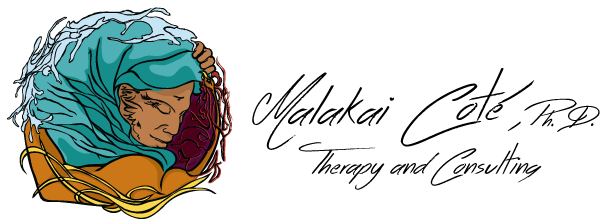All Black people are not the same.
How we understand Blackness differs.
We have different places where we grew up, influential people who have helped to raise us, likes, interests, personalities, religious affiliations, political affiliations, financial circumstances, languages spoken, abilities, goals, opportunities to thrive.
We have different skin shades and tones, body types and sizes, hair lengths and hair kinks.
Embodiments of Blackness differ.
Femininities, masculinities, gender expressivities differ.
The genders of people we love differ.
We understand and experience racism, sexism, classism, and heterosexism differently based on our different lived experiences and identity intersections.
Rich and lovely differences so vast and yet connected.
We Hold Multitudes!
“Unity does not require uniformity” (Akbar, 1996, p. 43).
Given these differences, the needs of Black people are also not uniform.
When navigating oppression-based stressors, some people need space to process with loved ones.
Some people do not want to talk to others about their racialized experiences.
Other people do.
Some folks pray and reflect on Scripture.
Some folks scream and yell.
Some folks cry.
Some folks protest in the street.
Some folks write.
Some folks meditate.
Some folks tend to their garden and feel the wind on their body.
Some people play videogames.
Some folks move their bodies in dance, yoga, jogging, boxing.
Some Black folks need to be held in love and grace as we mourn together and demand social transformation.
#Black Lives Matter
#Black Trans Lives Matter
#Black Queer Lives Matter
